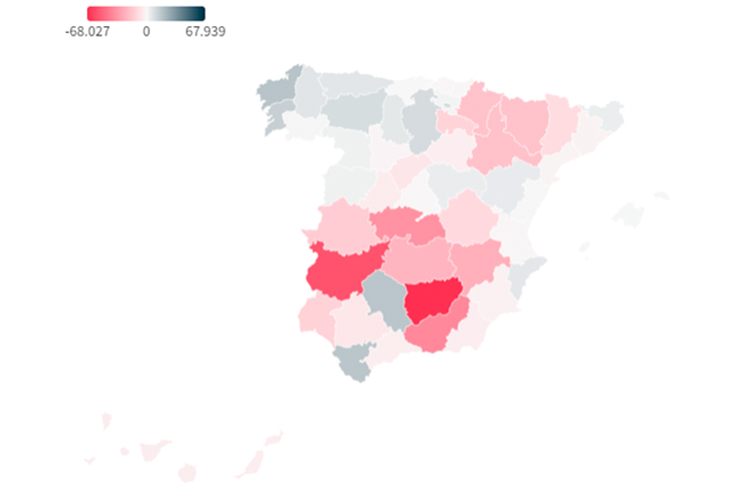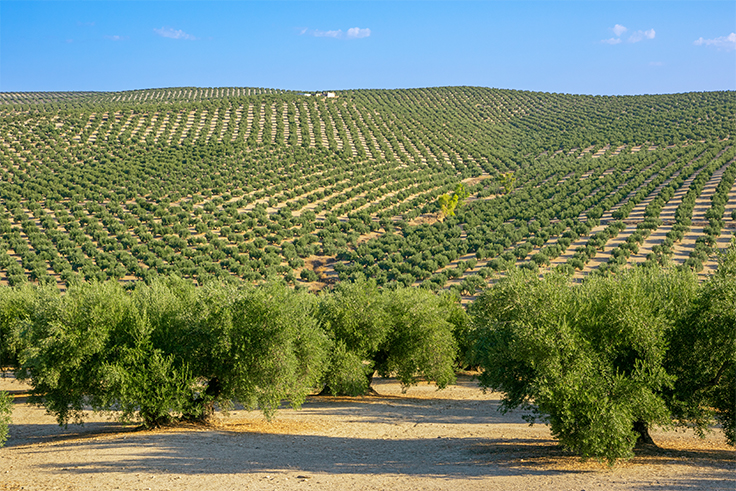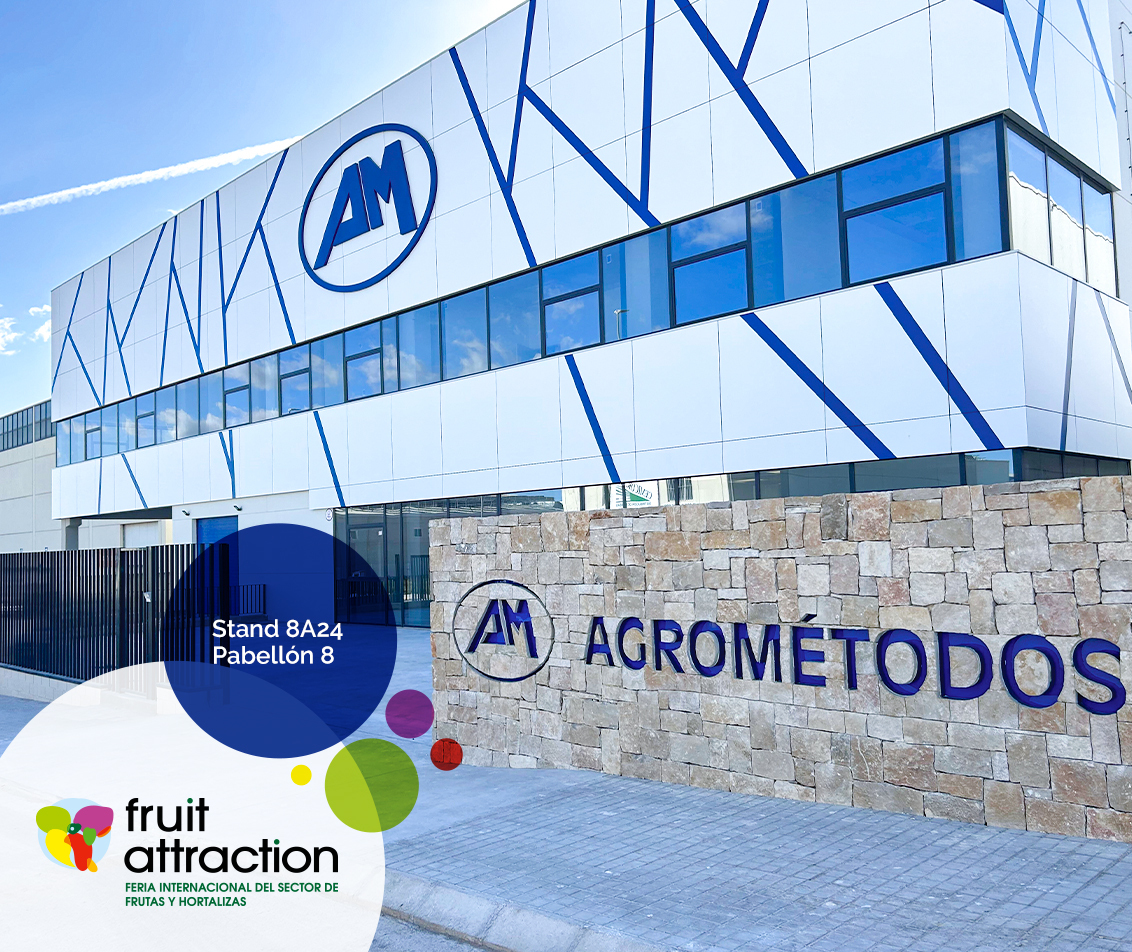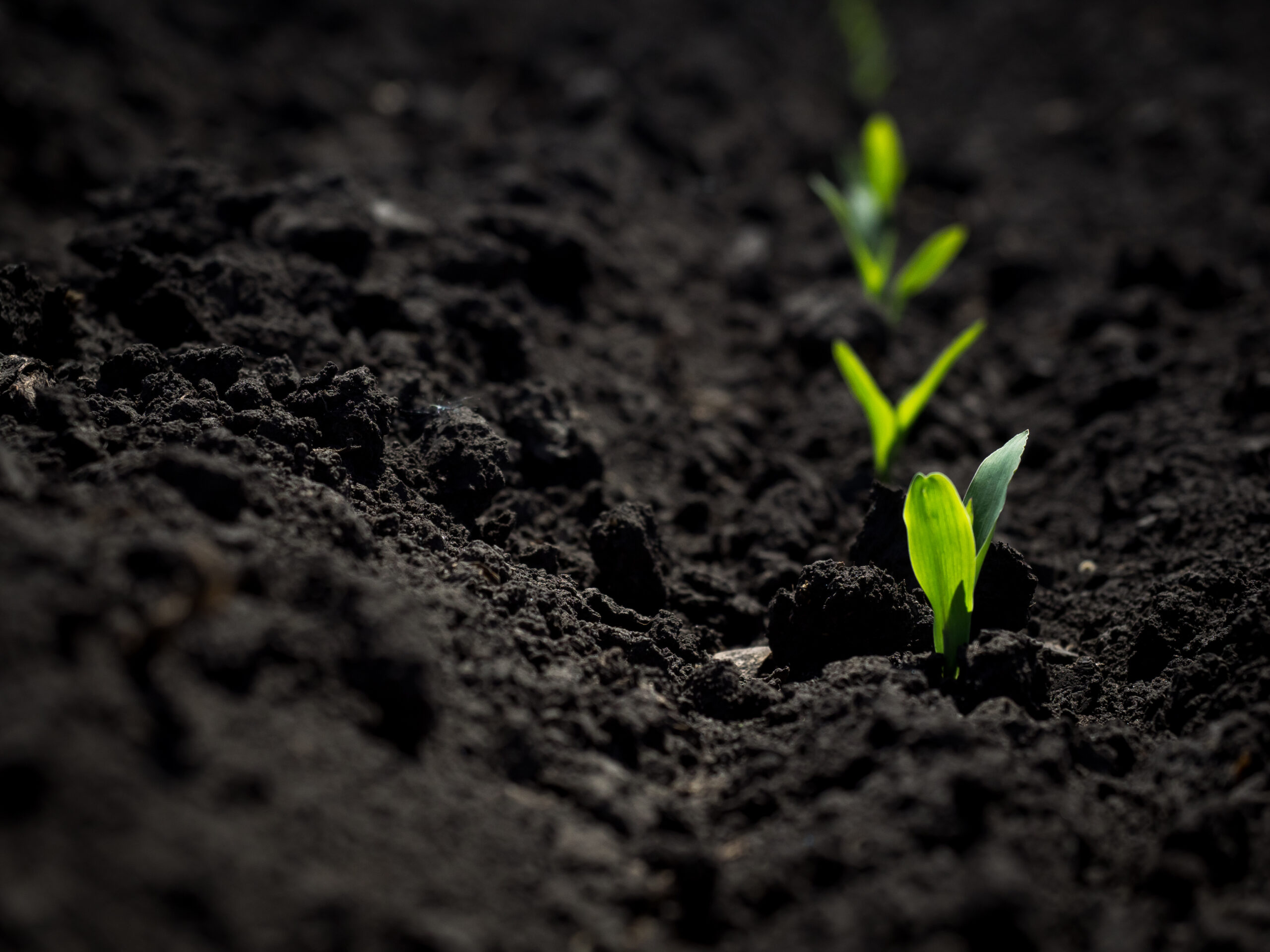The word drought has become increasingly common in Spain. Large heat waves or periods of high temperatures are longer and the scarcity of rains and episodes of torrential rains are increasingly common.
Since 2005, the number of hectares dedicated to rainfed cultivation has decreased in Spain and most of them have been replaced by irrigated ones. The communities of the south, those that suffer the most from the consequences of high temperatures, are the ones that present the greatest changes.

In this sense, the macronutrient potassium (K+) plays an essential role in crops. In rainfed crops it is, if possible, even more important and especially in its summer applications since they begin to suffer the high temperatures that cause a water stress to the crops. Potassium performs a number of functions closely related to high temperature stress by:
- – Participate in the regulation of the opening and closing of the stomata.
- – Actively intervene in the process of osmoregulation that is used to maintain the turgor pressure of the cell, that is, adequate levels of water in plants.
- – Play a key role in the resistance of plants to water stress.
And, of course, it has other vital functions such as:
- – Intervenes in the metabolism of plants by participating in the catalytic activity of more than 60 enzymes.
- – Help in the transport of carbohydrates or assimilated from the leaves to the fruit.
- – To be an essential element in the fattening and quality of the fruits that at this time are in the process of increasing the size.

Lanzadera® Potasio
Our product LANZADERA® POTASIO is a liquid corrector of potassium deficiencies (K) complexed with the innovative and versatile technology of the Lanzadera® System that surrounds the potassium cation, protecting it from unwanted reactions. This versatility lies in its double possibility of application, both via foliar and via irrigation, where, thanks to this technology, it is equally efficient and effective.
- – When applied via foliar, the molecular structure of the Shuttle® System is similar to that of the molecules on the surface of the plant, so that this cation (K+), stabilized, is attracted to the plant cuticle and “launched” into the plant.
- – Applied via soil through irrigation, it gives us a more direct potassium nutrition. Being a set of organic nanoparticles it is able to move quickly within the soil solution, transferring nutrients to the interior of the root more quickly and directly. Once the cations are delivered, the Lanzadera® System, being negatively charged, behaves like the change complex, absorbing the positively charged nutrient elements from the soil solution, retaining them on its surface and preventing them from being lost by leaching. In short, increasing the Cation Exchange Capacity increases the bioavailability of nutrients in the soil, thanks to the recharge capacity of the Lanzadera®
The application of LANZADERA® POTASIO provides:
- – Increased rate of absorption and penetration of potassium into the plant.
- – Allows a rapid assimilation and accumulation of potassium to the organs of greatest demand of the plant.
- – Increases the size and firmness of the fruits, also intervening in water regulation.
- – Total solubility and chloride-free product.
In addition, LANZADERA® POTASIO is authorized for use in Organic Agriculture as it is an authorized product as an input for this type of crop.




